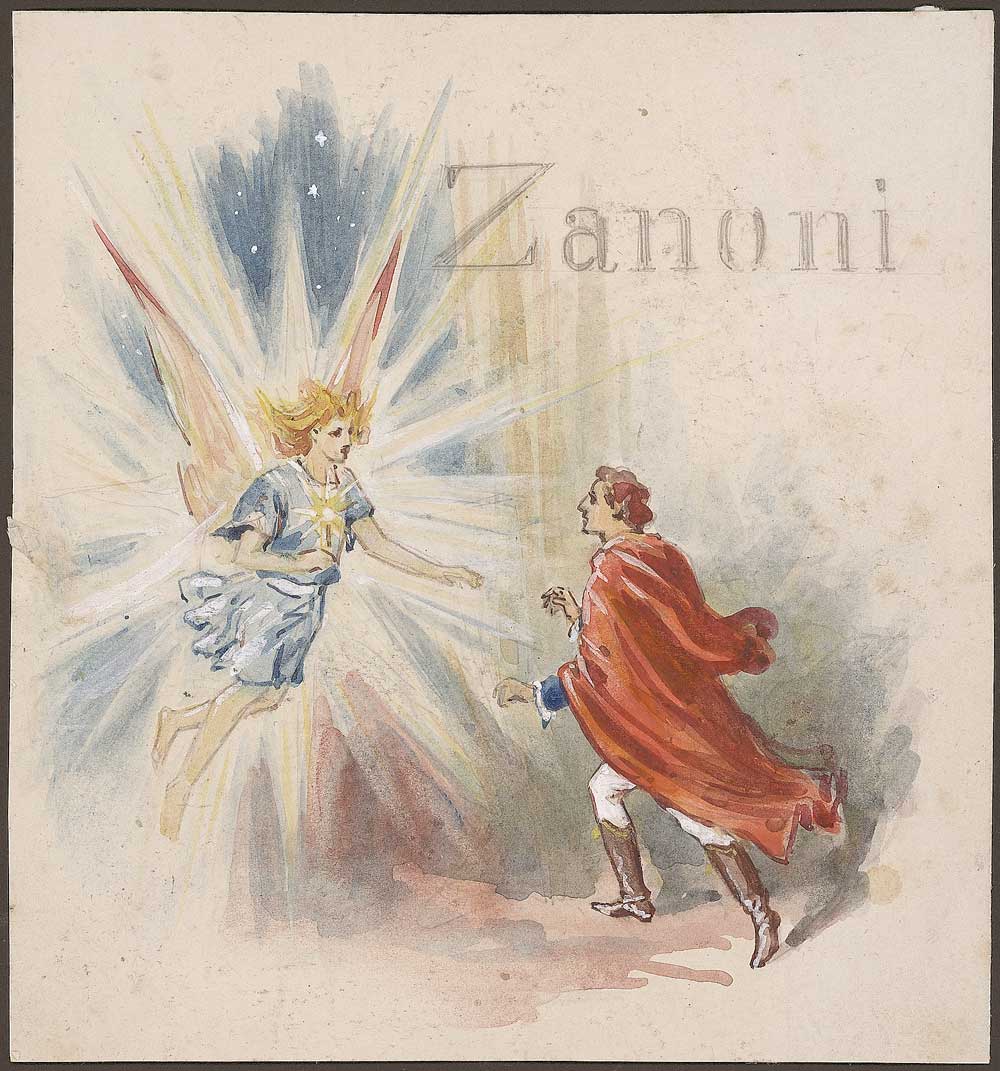Do we simply claim she was myth-making based on Bulwer-Lytton’s fiction? Okay, maybe that is true. But so what? Blavatsky’s assertion informs Theosophical Doctrine and many Theosophists take these statements as fact. [C. Nelson] Stewart claims that Zicci and A Strange Story “were based rather upon what we should now call ‘astral experiences’ beginning in [Bulwer-Lytton’s] early youth.” In all these Theosophical assertions, fiction acts to reveal and conceal what Theosophists see as occult truth. Those who have the eyes to see and can read between the lines see in Bulwer-Lytton’s fiction the truth of occultism and the works become manuals. Terms such as “The Dweller on the Threshold” enter occultism and become topics of Theosophical doctrine. Fiction becomes the seeds that sprout into assertions about occult truth. So what?
Edward Bulwer-Lytton’s occult fiction is outlined in John Henry Montgomery’s 2000 Masters Dissertation “Bulwer Lytton’s Mystic Novels: On the Margins of the Invisible” at Rand Afrikaans University (now University of Johannesburg). Unfortunately he repeats statements like “Madame Blavatsky would shamelessly plagiarise him [Bulwer Lytton] in her Isis Unveiled,” without giving the slightest evidence.
R.A. Gilbert reminds us in his chapter “‘The Supposed Rosy Crucian Society’ Bulwer-Lytton and the S.R.I.A.” in Ésotérisme, Gnosis & Imaginaire Symbolique (2001) that “Joscelyn Godwin rightly points out that ‘There is nothing in Zanoni that a voracious reader of occult literature could not have learned at second hand.’”
Certainly Mejnour and Zanoni, the adepts of the novel Zanoni (1843), are not creations unique to Bulwer-Lytton, who died the same year Blavatsky arrived in America, 1873. They owe something to their predecessors depicted in earlier novels like Vathek (1786) and Sethos (1731) and one of Blavatsky’s personal favourites, Le Comte de Gabalis (1670). In her childhood Blavatsky would already have been familiar with the volkhv, wizard, of Russian folklore, a word used to describe the Three Kings in Russian translations of the gospel of Matthew.
The mahatmas have also commented on this identification of their roles:
I hope that at least you will understand that we (or most of us) are far from being the heartless, morally dried up mummies some would fancy us to be. “Mejnour” is very well where he is — as an ideal character of a thrilling — in many respects truthful story. Yet, believe me, few of us would care to play the part in life of a desiccated pansy between the leaves of a volume of solemn poetry. We may not be quite the “boys” — to quote Olcott’s irreverent expression when speaking of us — yet none of our degree are like the stern hero of Bulwer’s romance.
 |
|
Vathek, 1815, from the
2004 exhibition
Les livres anglais du duc d’Aumale
at the Bibliothèque et
Archives du Château de Chantilly
|

No comments:
Post a Comment
All comments to this blog are subject to moderation, and may appear at our sole discretion, if found to add relevance to the site's topics.